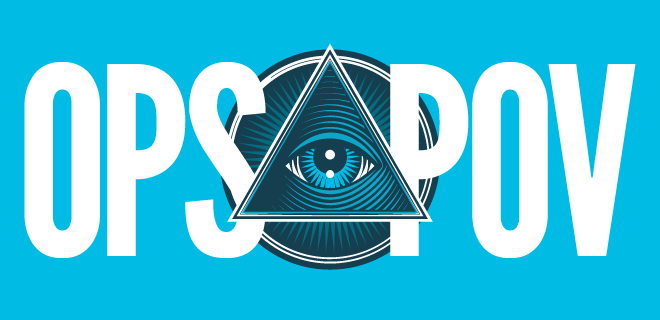
As generative AI permeates every part of life, it threatens the very future of the open web and the publishers that sustain it.
Google’s increased emphasis on zero-click results is starving the web of the attention it needs to survive, and too many companies stand to make too much money to stop it.
Unlike the World Wide Web, AI is not democratized and open to all. It is not a universal platform. Developments in this space will be made based on the goals and intentions of the few that control it, and we can’t be sure they have the industry’s best interests in mind.
But I believe there can be a bright future where publishers thrive by recognizing what they offer that AI cannot.
Quality Worth Paying For
Over 5 billion people now have access to the open web. But what has that done to other media? Since the 1990s, global print book sales have remained remarkably resilient, with a dip in the 2010s attributed to the growth of ebooks and audiobooks.
Though so much information is available online, books provide a richer, more in-depth experience. They have credibility. And people will continue to pay for that experience. If publishers can create a richer, more immersive experience, with authentic video and imagery, less ad clutter and more human-led creation, people will visit and—and even pay, too.
Subscriptions may become a stronger and more reliable revenue stream. What if publishers came together around a common, universal subscription model, making it easy for consumers to toggle their access on and off? Or even better, pay per article—a solution that sits in that top right box of being easy for consumers and lucrative for publishers. These are both exceptionally complex solutions, but unprecedented challenges demand revolutionary thinking.
Community and Shared Experience
The web brings a sense of community that AI will never achieve with its emphasis on 1-to-1 communication. This is not to say social media is the answer, with content primarily dictated by algorithms. But platforms like Reddit, Discord and fan or interest forums that bring consumers together can be enriching. These avenues offer diversity of thought, opinion and evidence of lived experience.
Nielsen says 92% of consumers trust recommendations from people they know, making word of mouth the most trusted source of information when deciding what to buy and experience. It is simply not in the interests of brands or publishers to hand this over to AI.
Human Expression and Entertainment
One of the core tenets of online experience is entertainment. I recently watched the Spike Jonze film “Her” about a man who falls in love with his operating system. It’s quite a tender story. Even 10 years since its release, it presents a surprisingly utopian vision of a future immersed in AI.
That being said, the one moment that jarred with me was when the AI, Samantha, says, “I composed this song for this moment.” Shifting arts away from humans takes away hundreds of years of expression, from the Renaissance through to modern Pop music. It’s something I do not believe people will stand for.
Human-made arts and culture will have increased resonance and reverence in the coming years. This is what publishers have always brought to the media, a sense that you were not just experiencing someone’s ideas but what went into making them a master of their craft.
The open web needs to become a place that puts entertainment at its heart because we value everything that helped create it.
Society Deserves a Human Experience
Without publishers and human-led content, how can an AI be truly effective? How can we be sure the data it is trained on is authentic and up to date?
There is a media ecosystem we can build that makes space for both AI and traditional, human-made content. The stakes are high for advertising, but they’re even higher for society. If we want an internet worth trusting, worth using and worth funding, we must ensure it remains unmistakably and unapologetically human.